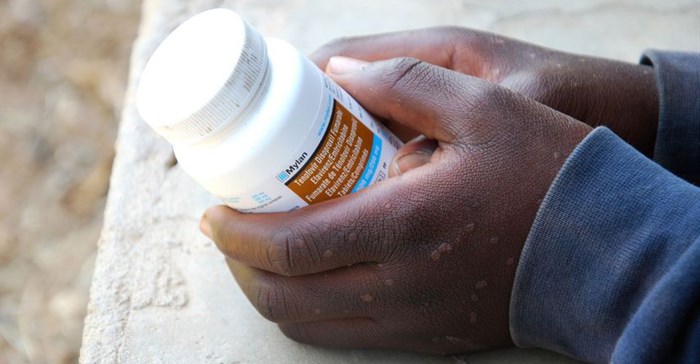
The findings published in the Lancet Health Journal reveal that ART has not helped increase chances of survival for hospitalised children.
The scientists observed that HIV infection in most is only known when they are admitted to hospitals, an indication that there has been little or no focus for routine checks for status among children.
"Many HIV-infected children in sub-Saharan Africa are frequently diagnosed during hospitalisation for an acute co-infection and experience high early mortality," it stated.
It also stated that anti-retroviral therapy among hospitalised HIV-infected children might not speed up recovery and may in fact inhibit immune regeneration.
The study was conducted in four hospitals in Kenya - Kenyatta National Hospital and Mbagathi District Hospital in Nairobi and Jaramogi Oginga Odinga Teaching and Referral Hospital and Kisumu County Hospital in Nyanza between April 2013 and November 2015.
The research was done on 191 (76%) out of the 250 hospitalised HIV-infected children in the hospitals. They were aged between 0-12 years.
Of these, 181 children were randomly enrolled, 90 to urgent anti-retroviral therapy (done within 48 hours of enrolment) and 91 to post-stabilisation ART (done 7-14 days after enrolment).
Overall, almost a quarter (21 percent) of children died in the first three months.
Eighteen (10%) of 181 children died in the first week. 12 (13%) of 90 children died in the urgent ART group and six (7%) of 91 children died in the post-stabilisation group.
Most of the deaths of the children occurred in the first month and dropped strikingly between one month and three months.
No deaths occurred between three months and six months after ART initiation.
"Overall it was observed that there was a high mortality rate in the first few weeks after ART initiation, with more than 80% of deaths occurring in the first month and all deaths occurring within three months," said the study.
Results show that speeding up anti-retroviral therapy during hospitalisation does not have any survival benefit.
"Though rapid HIV diagnosis within one day of enrollment was practised at the four hospital sites, ART initiated within 48 hours did not reduce mortality when compared with ART initiated between seven days and 14 days," the research revealed.
A previous study in Kenya showed that 41% of hospitalised infants died before ART initiation at the average of 11 days after diagnosis, suggesting a narrow window for intervention in children.
Researchers in that study also found no survival benefit of initiating ART within seven days compared with 21 days in a hospitalised paediatric unit.
"Together, these studies suggest that waiting for more than 21 days might be too late while expediting to less than seven days might not provide survival benefit," said the study.

AllAfrica is a voice of, by and about Africa - aggregating, producing and distributing 2000 news and information items daily from over 130 African news organisations and our own reporters to an African and global public. We operate from Cape Town, Dakar, Lagos, Monrovia, Nairobi and Washington DC.
Go to: http://allafrica.com/